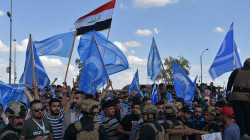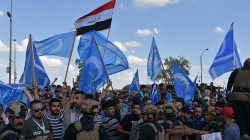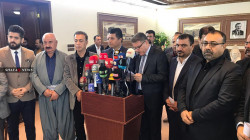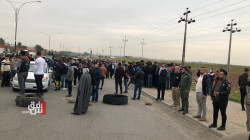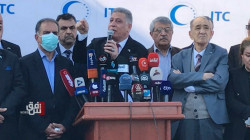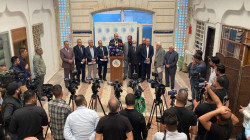Marginalization fueled the Turkmen "diaspora", Turkmen leaders say
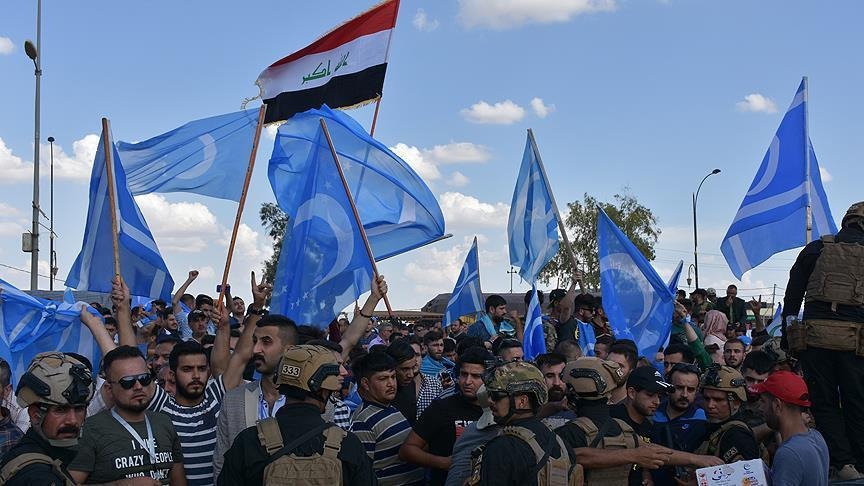
Shafaq News/ Turkmen leaders in Iraq attributed the Turkmen "diaspora" between the partisan and sectarian affiliations to the "marginalization" of the Turkmen component in the political and administrative representation in the Iraqi state.
On Tuesday, representatives of the Turkmen renewed their complaints about the "marginalization" of the political component in the executive authority, noting that this led to the dispersal of the Turkmen as a nation among parties, political blocs, and sectarian affiliation.
In his interview with Shafaq News Agency, the head of the Balad Ruz District Council in Diyala, Muayad Newroz Uglo, believes that "terrorist operations, sectarian gaps, and secular trends among the Turkmens caused the dispersal of the component and its political and administrative absence in Diyala, Saladin, Wasit, and other governorates."
"The problem of the Turkmen is the absence of coordination and communication between its communities in Diyala. The largest representation for them remains in Kirkuk and Kurdistan."
"The Turkmen component in Diyala and other components blended with other nationalities and political movements. The Turkmen became limited to small communities in Khanaqin, Saadiyah, Jalawla, Mandali, Balad Ruz, Qazaniyah, and Qara Tapa."
"Some Turkmen leaders in Diyala and other governorates have overpowered sectarianism over nationalism, in contrast to the Kurdish component, which has weakened the efforts and endeavors to unify the Turkmens and caused the loss of their political representation in the Diyala government."
"The Turkmen of Diyala are the most affected among other nationalities, compared to Arabs and Kurds, from the terrorist attacks and the policies of the former Iraqi regime."
The Turkmen constitute about 4% to 5% of the population of Diyala Governorate, 67 km northeast of the capital, Baghdad. The Turkmens are spread in Kirkuk, Diyala, Wasit, Nineveh, Saladin, and the Kurdistan Region.
The head of the Turkmen People's Party and former Kirkuk council member, Irfan Kirkuli, attributed the dispersal and blending of the Turkmen component in several governorates to "terrorist operations and the security turmoil that tampered with the social balance in the areas of Diyala and Tuz Khurmatu in Saladin."
In his statements to Shafaq News Agency, he asserted, "this prompted the Turkmen move to multiple areas and displacement camps. The reluctance to return and coexist in their hometowns is fueled by fear of terrorism. The remnants of the terrorism did not exclude any component."
He added, "We have contact with the Turkmen community in all the governorates. We are actively keeping tabs on problems and updates."
Kirkuli holds the federal government liable for "the political marginalization of the Turkmen component in the legislative and executive joints in the country. There is no real partnership with the Turkmens."
